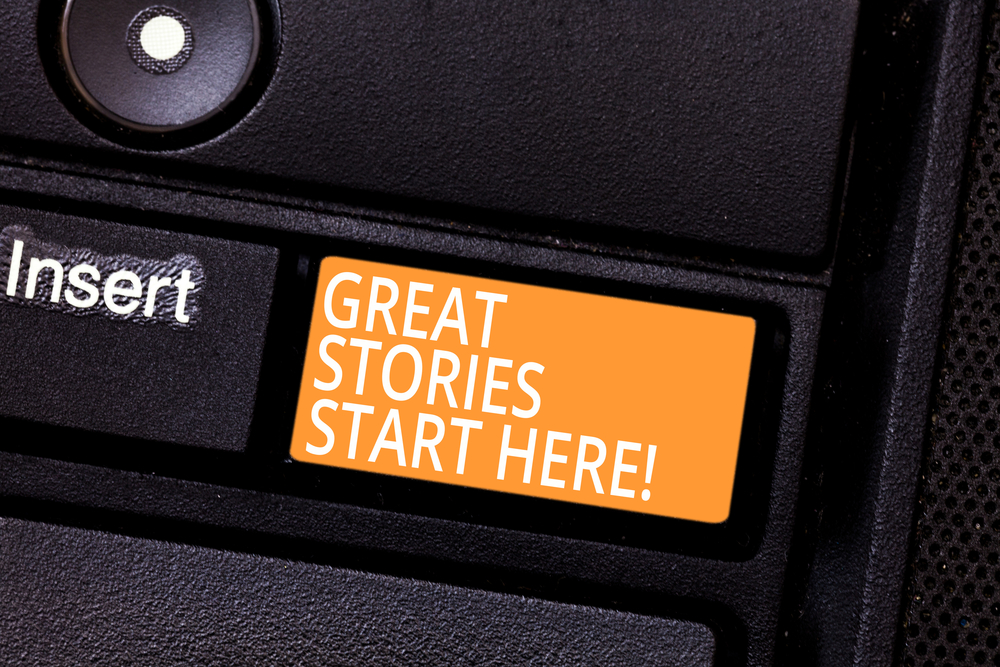
Storytelling is a uniquely human experience. In some ways it is also the most natural form of human communication. All good stories stand the test of time and, I believe, have the capacity to be transformative. This is because these stories are archetypal, with a prototypical structure that makes them universal and eternal. The truth about story is that in some ways that is all we are. Telling stories is the most ancient and widespread way of communicating and meaning-making experience. The magic of the story is its capacity to engage our emotions. This is the fundamental pattern or archetypal ingredient common to all stories.
Archetypal Stories
Archetypal stories speak to the psyche in a way the psyche understands. According the C. G. Jung, archetypes are what he called primordial, they structure and inform our way of thinking. Good stories, just like archetypal patterns, help to inform us. It transforms the “existential meaning of life, . . . what motivates and drives us.
Fairy Tales
Jungians place great value on the power of fairy tales. Fairy tales and stories that come from people’s dreams are different; they also have numinosity and employ the notion of magic. Marie-Louise von Franzis a well-known Jungian analyst said in her book The Archetypal Patterns in Fairy Tales. The characters in these stories, “the hero and heroine are not human individuals, but archetypal figures”. If we look closely, we can see there is a pattern to the way all archetypal stories are structured. They are messaged, irrespective of the genre, that can be powerfully transformative for the human psyche.
Archetypal story is a container for and a telling of the universal—the archetypal history of our individual and collective experience. In some ways, this tracks with the teleological nature of the psyche. It is a way of keeping us on track. It tells us what is expected from us at different times and phases of our life. Perhaps one could go so far as to say that these messages are proactive. They encourage us to live in accord with these principles, and that they maintain the order. This is because psyche and history know only too well that, left to our own, we can fall into the grip of an archetypal possessions. We can and stray far too far from what is meaningful and generative.
The Hero’s Journey
Joseph Campbell’s groundbreaking work Hero with a Thousand Faces identified the archetypal theme of the hero’s journey as the common thread in myth. He noticed, as did von Franz and Jung, the presence of universal, highly patterned forms of behavior that run throughout mythology. All good stories tell us about why things are the way they are. Myths attempt to explain how things have come to be. Fairy tales tell us how things can be different. These archetypal stories are powerful, because they are metaphors and, perhaps, even roadmaps for us. We can understand and navigate the non-generative archetypal patterns that keep us in their grip and which we experience as our own lives. This is why I believe good stories have and will always continue to fascinate us.
The Human Experience
Life does not always teach us how to live, but the archetypal story has the capacity to drop us into an experience of the human condition. Through that vicarious experience, enable us to make some sense of our lives. Robert McKee, who lectures on how to craft archetypal stories, went so far as to say, story is why God put you on earth.
While we may not have been equipped with a user manual for how to live life, the part of the brain that is wired to tell and respond to story also potentially provides a platform on which we can learn how to make things right. This raises the question: Why is it that we fail to recognize, in virtually every case, the power of the stories around and within us and, in so doing, fail in so many ways – on both an individual and a collective level? How do we understand those processes, which keep us refractory to taking in this information?
The brain is a story-making machine. Imaging studies of the brain connect the right hemisphere with story making according to Jeremy Hsu. He said there is a “predilection to make characters and narratives out of whatever we see in the world around us”. Hsu asked the question, why our brains seem to be wired to enjoy stories and how do the emotional and cognitive effects of a narrative influence our beliefs and real-world decisions? His conclusion was, stories have a unique power to persuade and motivate, because they appeal to our emotions and capacity for empathy. The goal of the writer is to make the reader feel as if we are in their shoes. This of course starts with empathy which is the secret and archetypal ingredient to all good stories.

 Create Your Authentic Life
Create Your Authentic Life